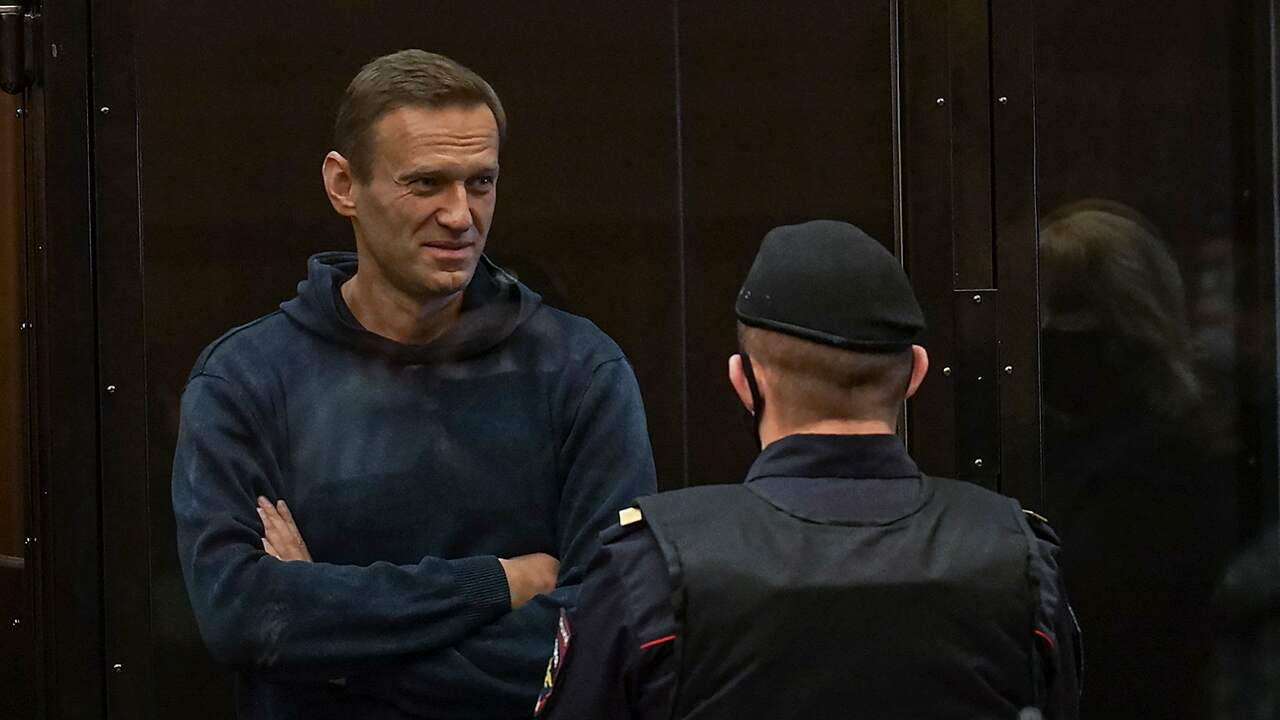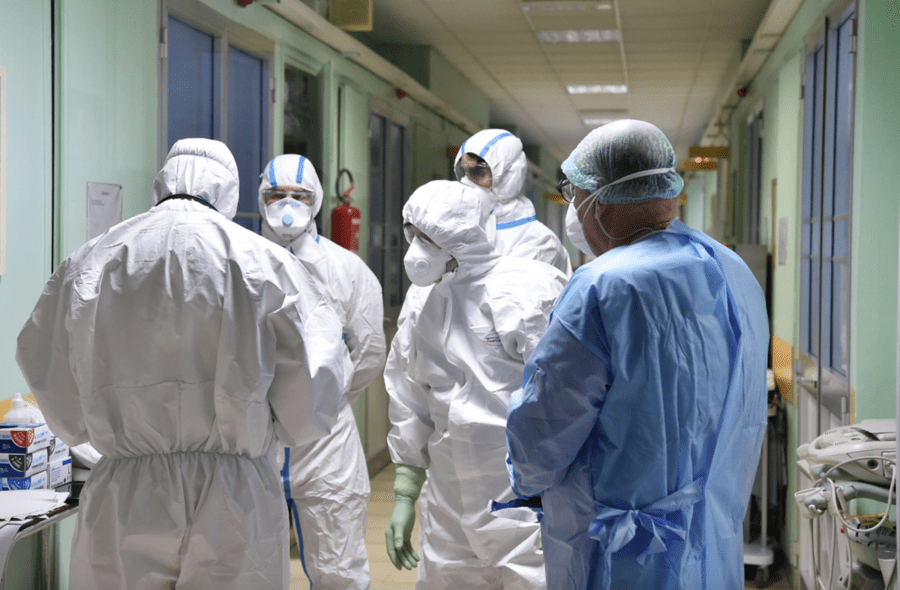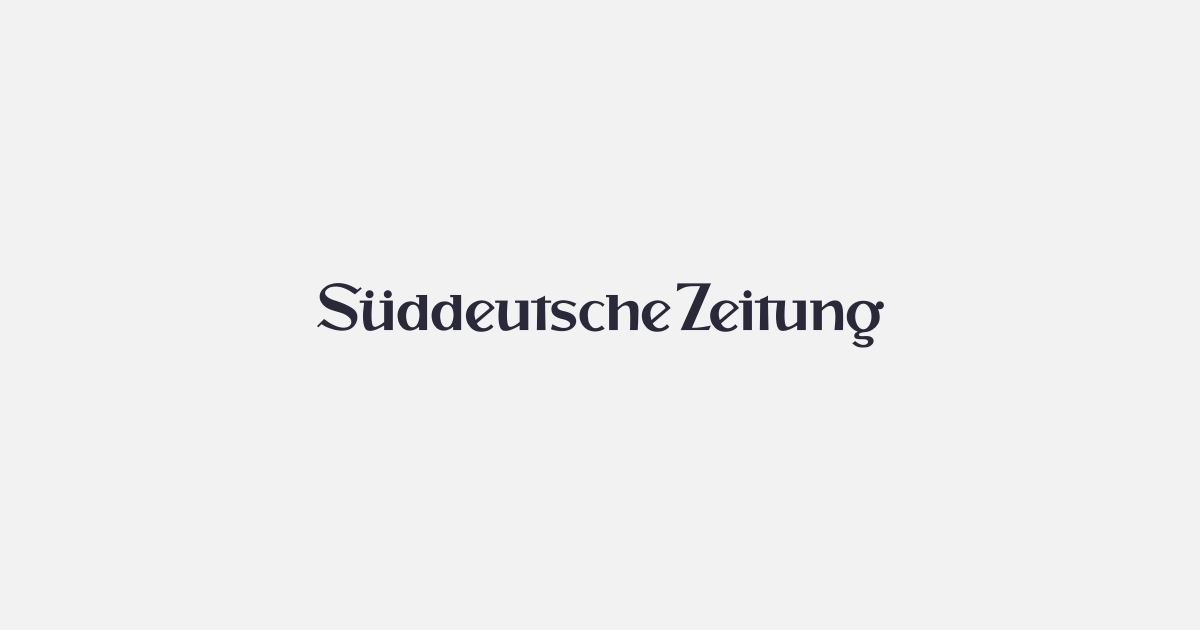The European Union is imposing sanctions on four Russians who share in the detention of Russian opposition leader Alexei Navalny in a prison camp. That was announced on Monday.
In Brussels, the names of the Attorney General, the head of the so-called Investigation Committee that comes directly under the president and investigates major criminal cases, the head of the prison system and that of the national guard, are circulating.
The offenders are no longer allowed to travel to the EU and can no longer access money that is outstanding in Europe. To prevent them from quickly diverting it back, their names will be kept secret until the punishments take effect. That should succeed next week, hopes EU foreign chief Josep Borrell, who was ordered by EU countries on Monday to prepare the sanctions.
The wealthy industrialists around President Vladimir Putin, whom Navalny himself would like to see the EU target them, remain out of reach. Yet, according to Foreign Minister Stef Blok, disappointment about the lack of tougher sanctions is out of place. They are “more than just symbolic,” he says.
Blok expects “great symbolic effect”, because the EU countries, for example, agreed relatively quickly on the sanctions. Previously, it was often not easy to draw a line against Moscow.
Moreover, for the first time, the EU is using new sanctions rules, allowing it to punish human rights violators anywhere in the world and in any case. The Netherlands has long championed those European ‘Magnitsky’ rules, named after whistleblower Sergei Magnitsky, who was killed in a Russian cell.
The sanctions “do bite”, Blok insists. “I don’t think you can see those two sides separately.” The Russian elite likes to be in Europe and likes to store their money there, he recalls.
Navalny’s supporters argue for tackling oligarchs
Navalny supporters argue in favor of tackling the so-called oligarchs around Putin, who they believe are ruling Russia. Such sanctions would only really hit the Kremlin.
However, it is difficult to prove that these oligarchs are directly responsible for, for example, the imprisonment of Navalny, the EU foreign ministers fear. As a result, the European court may well end such sanctions.
Navalny was arrested last month and disappeared behind bars because he should have reported to the justice earlier. Putin’s main rival was recovering from a poison-murder attack in Germany at the time, in which he recognized the Kremlin’s hand. After that just failed attack, the EU already imposed sanctions on a number of other Russians last year.
– .


